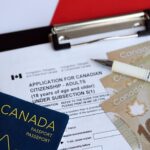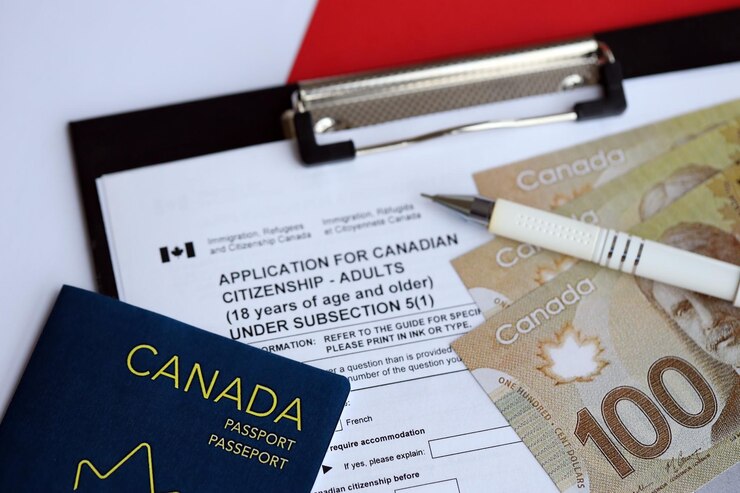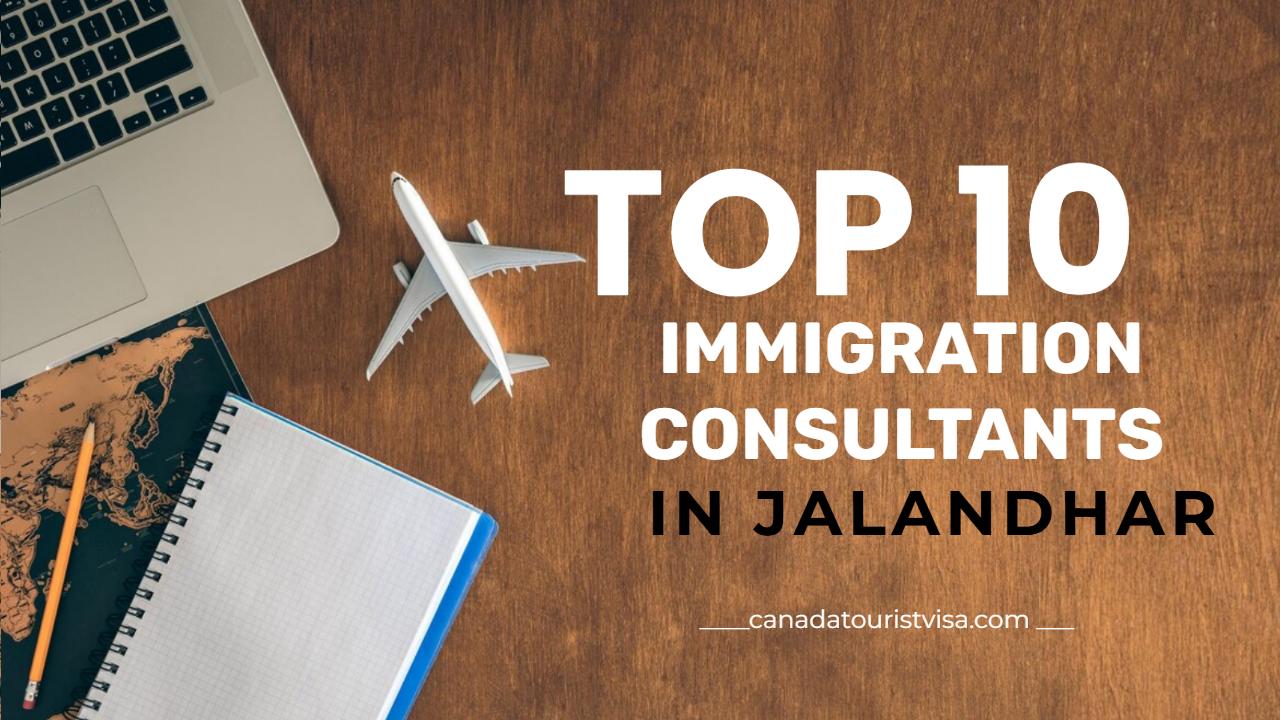As someone who has been in the world of Canadian immigration for over 50 years, I’ve had the privilege of helping thousands of people achieve their dreams of becoming permanent residents of Canada. Among the many pathways to Canadian immigration, the Express Entry system stands out for its efficiency and ability to bring skilled professionals into the country quickly. But who exactly can apply, and how does the process work? Let’s dive deeper into the details.

What is Express Entry?
The Express Entry system was introduced by the Canadian government in 2015 as a way to manage applications for permanent residency under three key programs: Federal Skilled Worker Program (FSWP), Canadian Experience Class (CEC), and Federal Skilled Trades Program (FSTP). Express Entry uses a Comprehensive Ranking System (CRS) to assess, score, and rank candidates based on factors like work experience, education, language skills, and more. The highest-ranking candidates are then invited to apply for permanent residency in Canada.
Who Can Apply for Express Entry?
Express Entry is not a one-size-fits-all program. It’s designed for skilled professionals and workers from various fields. Depending on your qualifications, experience, and language skills, you may be eligible for one of the three Express Entry programs. Here’s a breakdown of each program:
1. Federal Skilled Worker Program (FSWP): A Gateway for Skilled Professionals
The Federal Skilled Worker Program (FSWP) is the most common route for skilled professionals looking to immigrate to Canada. If you have significant work experience and meet the program’s criteria, this could be your route to Canadian permanent residency. Here’s what you need to qualify:
- Work Experience: You need at least one year of continuous full-time work experience (or an equivalent part-time experience) in a job that falls under the National Occupation Classification (NOC) system. The work experience should be in a skilled occupation (NOC skill level 0, A, or B).
- Language Proficiency: Applicants must meet a minimum Canadian Language Benchmark (CLB) 7 in English or French. You’ll need to prove your language skills by taking an approved language test like IELTS (for English) or TEF Canada (for French).
- Education: You must have at least a secondary school education (high school diploma). However, if you have more advanced education, like a post-secondary degree, you’ll earn additional points in the Comprehensive Ranking System (CRS), which can help improve your chances of getting an invitation.
2. Canadian Experience Class (CEC): Ideal for Those Who Have Worked in Canada
The Canadian Experience Class (CEC) is designed for individuals who have already gained work experience in Canada. If you have worked in Canada and want to transition to permanent residency, this could be your ideal program. Here are the main eligibility requirements:
- Work Experience: To apply through the CEC, you must have at least one year of full-time skilled work experience in Canada, within the last three years. The work experience must be in jobs listed in the NOC codes TEER 0, 1, 2, or 3.
- Language Proficiency: The minimum language requirements depend on the type of job. For TEER 0 or TEER 1 jobs, you need a CLB 7 in English or French, and for TEER 2 or 3 jobs, the minimum is CLB 5.
This program is ideal for foreign workers who have built work experience in Canada and wish to stay for the long term.
3. Federal Skilled Trades Program (FSTP): A Path for Skilled Trades Workers
The Federal Skilled Trades Program (FSTP) is specifically for individuals with experience in skilled trades. If you have qualifications in a trade, such as plumbing, welding, or electrical work, this program could be your route to Canadian permanent residency. Here’s what you need:
- Work Experience: You need at least two years of full-time work experience in a skilled trade within the last five years. The work experience must be related to a trade listed under the NOC system.
- Job Offer or Certificate of Qualification: A valid job offer from a Canadian employer (for a skilled trade) is required, or you can submit a certificate of qualification from a Canadian province or territory.
- Language Proficiency: A CLB 5 for speaking and listening, and a CLB 4 for reading and writing, is required for most skilled trades jobs.
Factors That Can Influence Your Express Entry Application
Regardless of which program you apply under, your Comprehensive Ranking System (CRS) score plays a crucial role in your chances of getting an invitation to apply (ITA) for permanent residency. Here’s what can impact your CRS score:
- Language Skills: The higher your language proficiency in English or French, the better your CRS score will be. Additional points are awarded for strong language test results.
- Work Experience: Both Canadian and foreign work experience are valuable. However, having Canadian work experience may boost your CRS score.
- Education: Higher levels of education, like a Master’s or PhD, can significantly increase your CRS points.
- Job Offer: While not required, a valid job offer from a Canadian employer can give you an additional 50-200 CRS points, depending on the type of offer.
- Provincial Nomination: If you are nominated by a Canadian province through their Provincial Nominee Program (PNP), you’ll earn an additional 600 points, which virtually guarantees an ITA.
How to Check Your Eligibility
Are you ready to take the first step toward becoming a Canadian permanent resident? The Canadian government has created an online Come to Canada Tool, which helps you determine whether you qualify for Express Entry.
After determining eligibility, you can create an IRCC Secure Account to submit your Express Entry profile and begin your immigration journey.
Why Apply Through Express Entry?
Express Entry offers one of the fastest and most straightforward pathways to permanent residency in Canada. By meeting the eligibility requirements, you can significantly increase your chances of being invited to apply. Moreover, Canada’s growing economy and diverse society make it an excellent destination for professionals looking to build a successful career and a fulfilling life.
As you prepare to apply, keep in mind that while the process is efficient, attention to detail is crucial. Ensuring that your language test results, work experience, and educational documents are accurate and up-to-date is essential to improving your CRS score.
Final Thoughts
Express Entry remains one of the most accessible routes for skilled workers and tradespeople worldwide to become permanent residents of Canada. Whether you’re a skilled worker with international experience, someone who’s already worked in Canada, or a tradesperson with specialized skills, there’s a place for you in Canada’s immigration system.
With over five decades of experience in Canadian immigration, I can confidently say that the Express Entry system has simplified the process and given many people the opportunity to start a new chapter in their lives. Stay informed, keep track of your CRS score, and prepare all the necessary documents to ensure a smooth application process.
Learn more about Express Entry and its eligibility requirements here.













